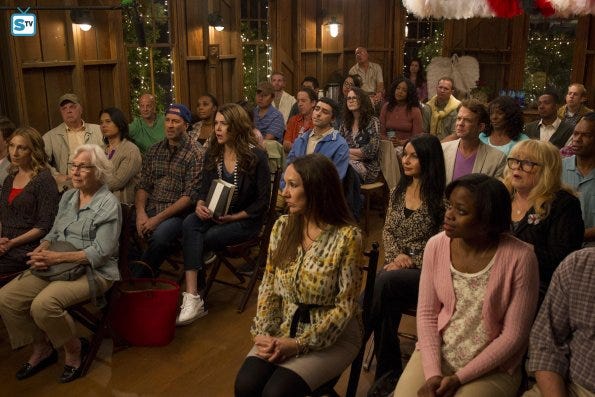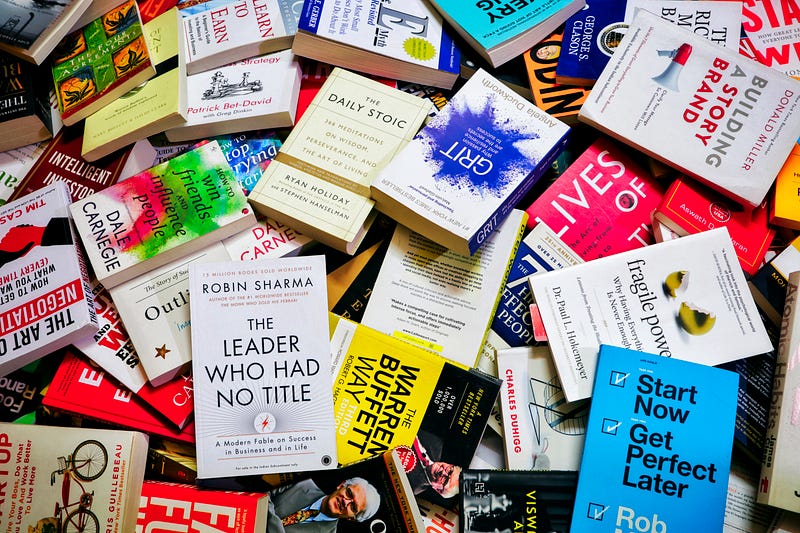Part 1 of a Discussion of Peter Foster’s Why We Bite the Invisible Hand Chapter 1 “Cardboard Cut-out Capitalism” The title of journalist Peter Foster’s book definitely captured my attention: Why We Bite the Invisible Hand. The invisible hand is a metaphor from Adam Smith that we use in economics to describe how the economy…
Tag: Knowledge

A Lazy People Cannot Remain Free
A Discussion of Oliver DeMille’s 1913 Chapter 12 “Free Citizens Read the Fine Print” If you are familiar with the U.S. government system at all, you know a key idea of the Founders is to use checks and balances to divide power. The Senate contends with the House. Both together…

We Are Blind to the True Value of Our Freedom
A Discussion of Oliver DeMille’s 1913 Chapter 11 “Essential Freedom” Oliver DeMille has detailed in his book how we took a turn away from freedom in 1913, and for that reason he focuses on the importance of freedom in this chapter. How can we regain our freedom if we do…

Tribal Leaders Needed to Revive the Basis of American Freedoms
A Discussion of Oliver DeMille’s 1913 Chapter 10 “Solution #3: Tribal Leaders” In Oliver DeMille’s third chapter on solutions, he is calling for tribal leaders to lead the new turning point towards freedom. The true freedom system includes establishing as the most basic unit of society — next to the family — small government…

We Need Good Readers and Thinkers
A Discussion of Oliver DeMille’s 1913 Chapter 9 “Solution #2: Voracious Readers and Independent Thinkers” DeMille called for “a small but committed few” to adopt his solutions to undo the damage to freedom by the 1913 turning points. (p. 89) While he called for an increase in entrepreneurship in the…

We Only Need a Few to Restore Freedom
A Discussion of Oliver DeMille’s 1913 Chapter 7 “Wanted: A Small Group of Committed Citizens” Oliver DeMille began laying out his case for what it will take to undo the 1913 turning points away from freedom the last chapter. And as I went through his suggestions, I said I was worried because…

We Need to be the People The Founders Expected
A Discussion of Oliver DeMille’s 1913 Chapter 6 “The Founding of Freedom in Modern Times” Oliver DeMille shifts his focus from the first five chapters where he laid out how we broke the founders’ design to an exploration of how we can fix things. He cites economist Murray Rothbard’s observation that you…

Ideas Were, and Are, the Driving Force
A Discussion of Bourgeois Equality Chapter 54 “Yes, It Was Ideas, Not Interests or Institutions, That Changed, Suddenly, in Northwestern Europe” and Chapter 55 “Elsewhere Ideas About the Bourgeoisie Did Change” In these last 2 chapters of Part VIII of her book, Dr. McCloskey is returning to her main theme…

When Earning Money Became a Virtue
A Discussion of Bourgeois Equality Chapter 18 “No Woman but a Blockhead Wrote for Anything but Money” In this chapter, Dr. McCloskey is continuing with the idea initiated the last chapter: Jane Austen illustrates the bourgeois ideals in her writing, though she herself was not bourgeois. Austen is gentry, not…

It Was Never Only About Profits
A Discussion “The Social Responsibility of Business: Milton Friedman Reconsidered” As an economics professor, I know I have some misconceptions to overcome every semester a new crop of students appear in my intro microeconomics course. Economics is about greed. It is immoral. Capitalism is bad. Elrick and Thies (2018) offer…

